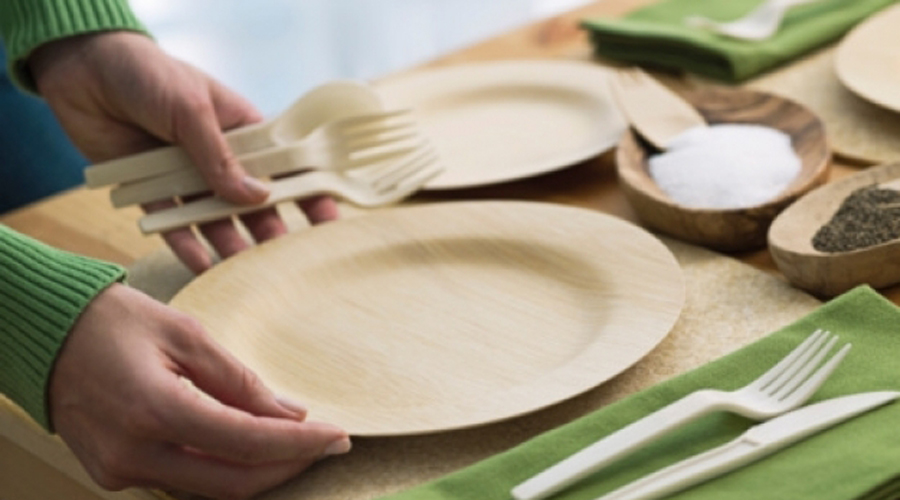
More about eco-friendly items!
Throughout history we have been taught to focus solely on how long it takes for our waste to degrade in nature. If it takes a short time, we categorize the material it is made of as environmentally friendly. Such categorization is a limited view of the environmental impact of each material.
All raw materials have a life cycle:
1. Extraction of raw material.
2. Manufacturing process.
3. Consumption.
4. Waste.
Each of the stages mentioned above has a different impact. Example:
1. Extraction of raw material: Requires logging.
2. Manufacturing process: It takes three times more energy, four times more water, will generate three times more solid waste, three times more greenhouse gases, and will pollute 14 times more water than a plastic bag.
3. Consumption: One time only, as they are not reusable.
4. Waste: Although it may appear to be environmentally friendly because it will degrade quickly, it has already cost the planet a lot.
The same goes for other products made of cardboard or cloth bags, which must be reused 327 times to justify their environmental impact compared to a plastic bag, i.e. if you use it once a week when you go to the Supermarket, you would have to use it for six years just to justify its impact.
As you can see, it does us a lot of harm to focus only on waste, because it is only one stage in the life cycle of raw material, and more importantly: IT IS NOT NATURE’S JOB TO TAKE CARE OF OUR WASTE. We are the ones who must separate them and use them according to their characteristics: the organic ones to compost, the recyclable inorganic ones to recycle, and the non-recyclable ones to use as environmental energy.
In closing, we would like to share with you some signs when a product is not truly green and earth-friendly:
· It indicates that you can get rid of it by burying it.
· It indicates that it is compostable, but does not specify under what conditions.
· It is too expensive compared to the function it will perform.
· It persuades you to replace something useful that you already have at home.
Remember that many of the “eco-friendly” items also have an impact before they reach your hands!
Compiled from: Ramos Jaime, A, YouTube channel.

